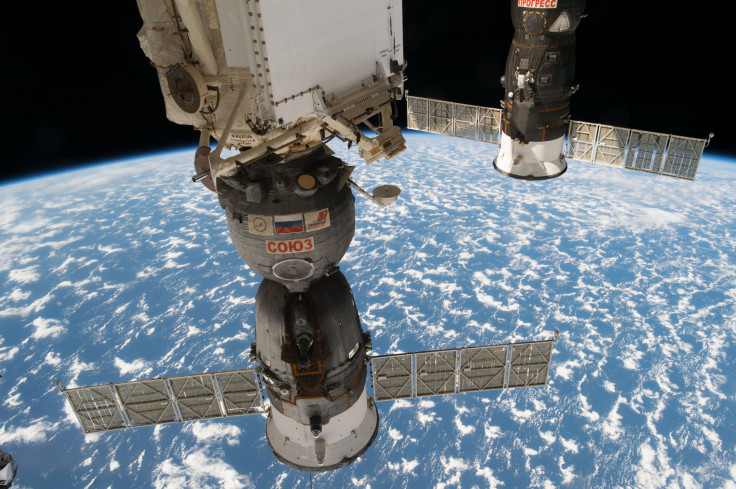Will Privatizing The International Space Station Maintain US Leadership In Space?

The two major partners of the International Space Station (ISS), the United States and Russia (Canada, Europe and Japan are the others), have already committed to maintaining the orbiting space laboratory till 2024. While the Russians have announced their own options for what they may do with their ISS components after 2024 (another space station or a luxury hotel in space, among others), the U.S. is considering continuing running the lab, but shifting the operations entirely from NASA to private companies.
In an interview to the Washington Post published Tuesday, new NASA administrator Jim Bridenstine said: “We’re in a position now where there are people out there that can do commercial management of the International Space Station. I’ve talked to many large corporations that are interested in getting involved in that through a consortium, if you will.”
Russia’s space agency Roscosmos said it was willing to consider another four-year extension to ISS, after the lab’s life was extended to 2024 from 2020. However, whether it will want to do so in partnership with private U.S. companies remains to be seen, and therefore, the future of ISS — inhabited continuously since 2000 — remains in limbo for now.
It also remains unclear which companies may be interested in taking over the ISS operations, which cost NASA between $3-4 billion every year. The fact that its operation is deeply entangled in international agreements with three other countries and the European Union makes matters a lot more complicated for any companies potentially interested, since those agreements would make it almost impossible to run the facility as a purely commercial venture.
Bridenstine did not provide any names in his interview of the companies he had been talking to, and even admitted the difficulty of companies seeing a compelling “business case” in the project. However, he said the almost seven years before the end of 2024 give companies a lot of time to plan.
Public opinion seems to be in the favor of private companies, even though NASA still has an important role to play in U.S. exploration, a new survey by Pew Research Center found. The survey, conducted between March 27 and April 9, asked 2,541 adults across the country about their views on a range of topics related to space, and 72 percent said it was “essential for the U.S. to continue to be a world leader in space exploration.”
Four-fifths of the respondents also felt the money spent on the ISS was a good investment for the U.S. The monitoring of Earth’s climate system, and that of asteroids and other potential Earth impactors, should be NASA’s top priority, according to 63 percent and 62 percent of respondents, respectively. Only 18 percent thought a crewed mission to Mars should be a priority, and sending humans to the moon again was considered a priority by only 13 percent.
But a total of 80 percent of those surveyed were at least fairly confident private companies in space ventures would be profitable, and 77 percent also thought these companies would build safe and reliable spacecraft and rockets. However, less than half the respondents thought private companies would minimize the creation of space debris.
Companies like SpaceX and Boeing are already at the forefront of the industry, and are in the business because it is profitable. So it makes sense to think private enterprise would only enter the fray if the participants saw a route to profit. And experience has shown there is no dearth of innovation in the private sector. Whether that is enough to maintain U.S. leadership in space exploration, however, is a far more complex question. The answer depends in a very large way upon what government and private companies in other countries — especially China — do in the coming years.
© Copyright IBTimes 2024. All rights reserved.











